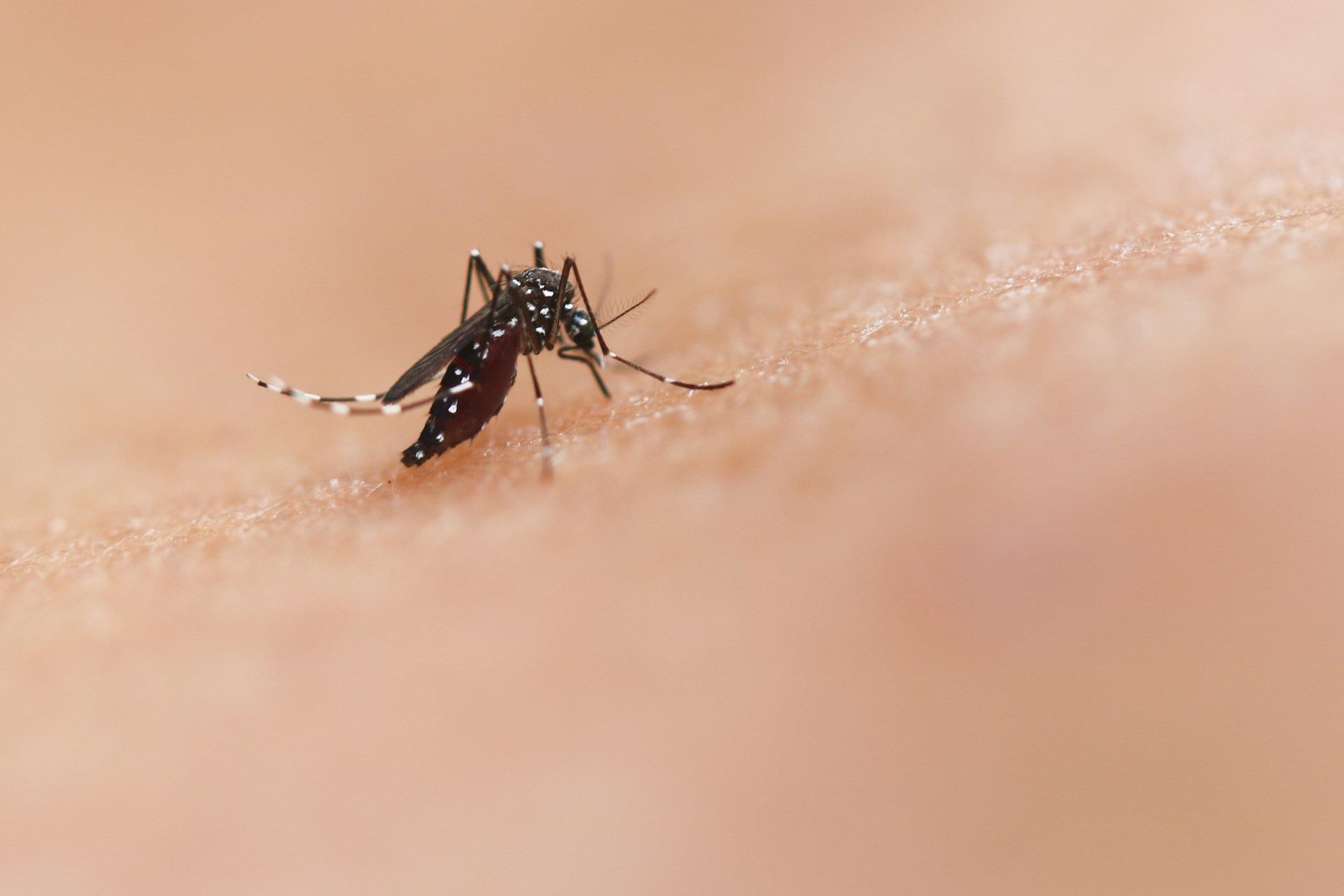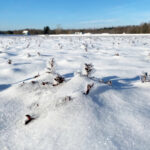Carver is banning outdoor activities from dusk to dawn after being classified by the state as high risk for EEE on Friday, August 2.
Eastern equine encephalitis, known as EEE, is a deadly mosquito-borne virus that was first detected in the town’s mosquitoes in early July. According to the Massachusetts Department of Public Health, the department detected EEE in mosquito samples from nearby towns on Friday, raising Carver’s risk level from “moderate” to “high.”
EEE is spread to humans through the bite of an infected mosquito, according to the public health department. The infection can have up to a 50% mortality rate with survivors often suffering from long-term effects, according to the Carver Board of Health
A ban on all outdoor activities from dusk to dawn will be in effect starting Wednesday, Aug. 7, according to the Carver Board of Health. The nighttime activities ban includes areas like Shurtleff Park, town beaches and school athletic fields.
“The mosquitoes that are most likely to spread EEE are most active between the hours of dusk and dawn,” state epidemiologist Dr. Catherine M. Brown said.
The Carver Board of Health wrote that residents should avoid outdoor activities between dusk and dawn and if they must be outside, to wear an EPA-approved insect repellent.
In a Facebook post, the Carver Board of Health wrote that it is the responsibility of Plymouth County to spray for mosquitoes in Carver. Now that Carver’s threat level is “high,” funding is available for aerial spraying by the Plymouth County Mosquito Control.
At this time, it is unknown if the town will request funds to spray for mosquitoes.
This isn’t the first time Carver has had to take preventative measures due to the threat of EEE.
In 2020, the town’s Board of Health banned outdoor activities from dusk to dawn due to the threat of the mosquito-borne illness. That year, there were five human cases of EEE in Massachusetts, resulting in one death.
According to the Massachusetts Department of Public Health, the only other high-risk town is Carver’s westward neighbor, Middleboro. The nearby towns of Kingston, Plymouth, Plympton, Rochester and Wareham are all classified as “moderate risk.”
A town-by-town breakdown of mosquito-borne illness risk is available on the Massachusetts Department of Public Health website.
Contact editor Nick Mossman at nick@carverjournal.com


